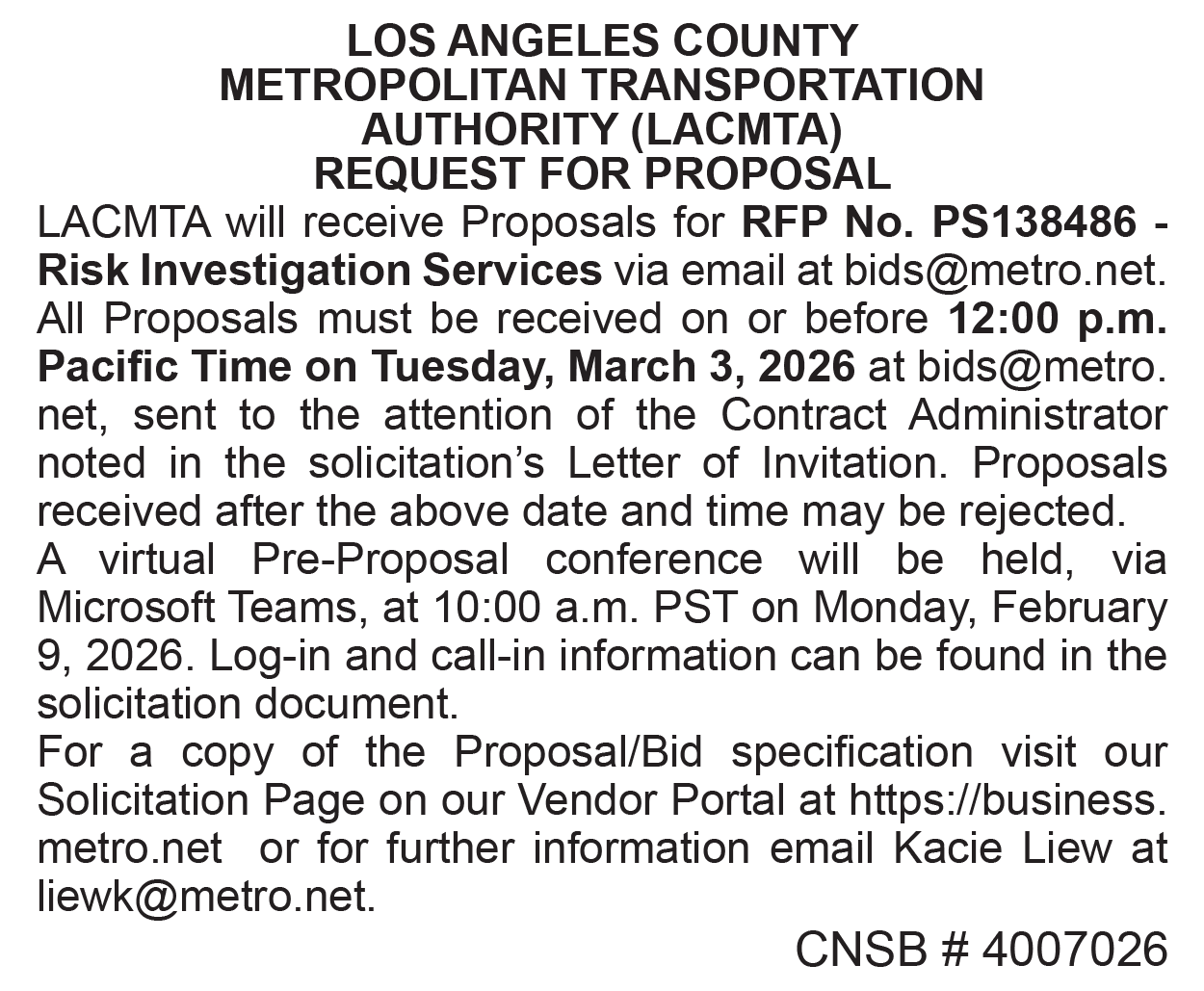Duff: Why Federal Equal Protection Challenges to WC Statutes Don't Work
Thursday, May 16, 2019 | 0
I do not believe that interference with workers’ compensation rights are subject to vindication under the equal protection clause of the United States Constitution (even when the interference is vicious or unfair), because the obstruction does not disadvantage a suspect class or impermissibly interfere with fundamental rights as currently conceived in American law.

Michael C. Duff
Thus, for anyone seeking to challenge a workers’ compensation law because it singles out workers’ compensation claimants for unfair treatment, I recommend either selection of a different federal theory (I’ll be discussing federal due process analysis and expanding upon Ninth Amendment theory in upcoming posts) or mounting a challenge under state constitutional provisions.
I think there may be some room to argue for intermediate scrutiny, but such approaches have not yet been successful — I write about them here. Every couple of years I feel it necessary to go through this exercise for the benefit of those healthy individuals whose hobby is not federal constitutional law.
The appropriate standard of review outside of the categories I have mentioned above is whether the difference in treatment between classifications (workers' comp/non-workers' comp) rationally furthers a legitimate state interest. In general, the Equal Protection Clause is satisfied so long as there is a plausible policy reason for the classification (United States Railroad Retirement Board v. Fritz).
But states are not required to convince the courts of the correctness of their legislative judgments. Rather, “those challenging the legislative judgment must convince the court that the legislative facts on which the classification is apparently based could not reasonably be conceived to be true by the governmental decision-maker” (Minnesota v. Clover Leaf Creamery Co., Nordlinger v. Hahn, Armour v. City of Indianapolis).
A legislature need not “actually articulate at any time the purpose or rationale supporting its classification” (Nordlinger). Rather, the “burden is on the one attacking the legislative arrangement to negative every conceivable basis which might support it” (Madden v. Commonwealth of Kentucky, Armour).
A law is constitutionally valid if “there is a plausible policy reason for the classification, the legislative facts on which the classification is apparently based rationally may have been considered to be true by the governmental decision-maker, and the relationship of the classification to its goal is not so attenuated as to render the distinction arbitrary or irrational" (Nordlinger). And there is such a plausible reason if “there is any reasonably conceivable state of facts that could provide a rational basis for the classification” (FCC v. Beach Communications Inc.).
A classification is generally valid as long as a rational basis is plausible, even if the legislature did not expressly endorse it (Beach Communications, Indiana Petroleum Marketers & Convenience Store Assoc. v. Cook).
Rational-basis review tolerates over-inclusive classifications, under-inclusive ones and other imperfect means-ends fits (Heller v. Doe, Gregory v. Ashcroft, Vance v. Bradley). The standard also imputes “a strong presumption of validity” on the contested classification (Beach).
To overcome that presumption, a challenger must negate “every conceivable basis which might support” the classification (St. Joan Antida High School Inc. v. Milwaukee Public School District).
My advice: Pick another theory.
Michael C. Duff is associate dean for student programs and external relations, and is professor of law, at the University of Wyoming College of Law. This entry is republished from the Workers' Compensation Law Professors blog, with permission.







Comments